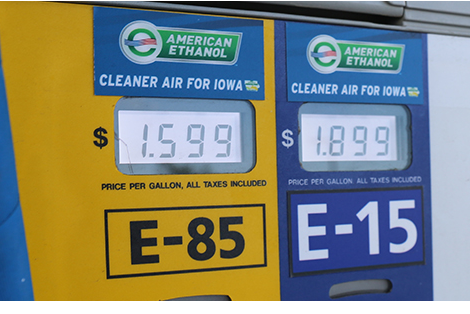I moved to Manchester a few months ago with my 2011 Brammo Enertia. Its an electric commuter motorcycle that gets me more attention than I’m used to. Ever since moving here, I’ve been looking for electric vehicles here, but I haven’t seen more than the occasional Tesla Sedan every once in a while. It not a surprise, I just enjoy the hunt.
I was talking to an electric bicycle builder at the Manchester car show last week end when I got to thinking about what kind of simple vehicles could be converted for service use. I heard about Telsa and Cummins getting into the electric semi truck market and I thought: that’s great since semis put out so much pollution, but what about the mid-range, intercity delivery market? I was mainly thinking of old, concentrated cities like Manchester with narrow streets and alleys.
I immediately thought of the Grumman LLV trucks that the USPS has been using for decades. Its a small, simple and lightweight Aluminum body truck that a person could probably get cheap since they stopped making them in 1994. The trouble is they have been really hard to get. USPS has been repairing them and has been slow to approve a replacement design for these. According to Fox news, USPS finally approved a replacement design last year and they are scheduled to start making them this year and, hopefully, start selling off the old LLVs
Apparently somebody already had the idea of making small, electric delivery trucks in California in the 1980’s, but of course the range was terrible due to the poor charge density of the Lead batteries they used. I think there is a market for it now with modern batteries and motors. I know I’m going to be keeping an eye out for one of these Grumman LLVs.
https://www.autoblog.com/photos/kurbwatt-electric-postal-van-ebay-listing/#slide-98116



